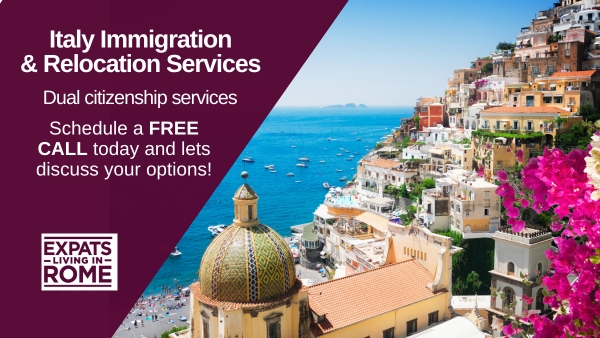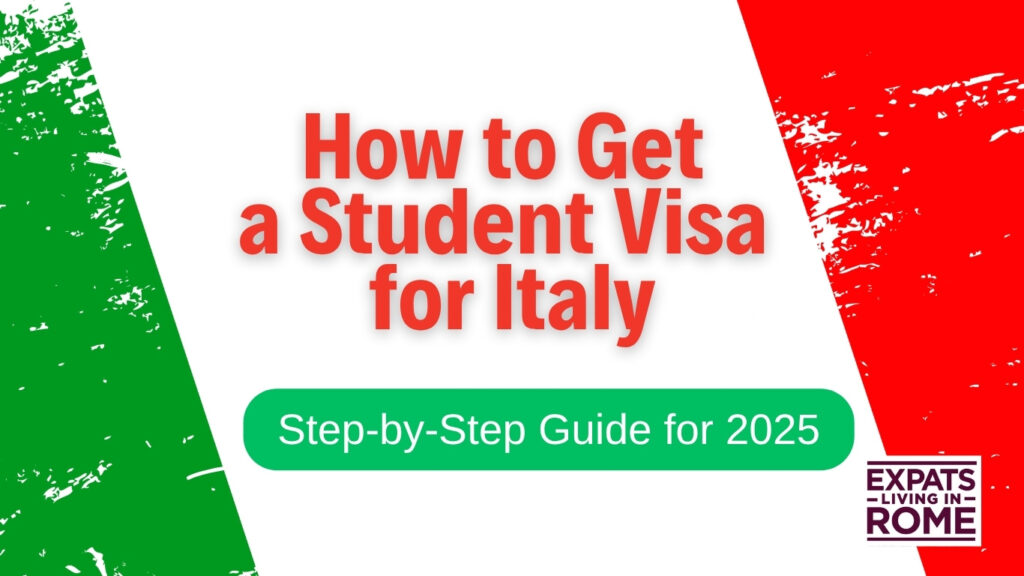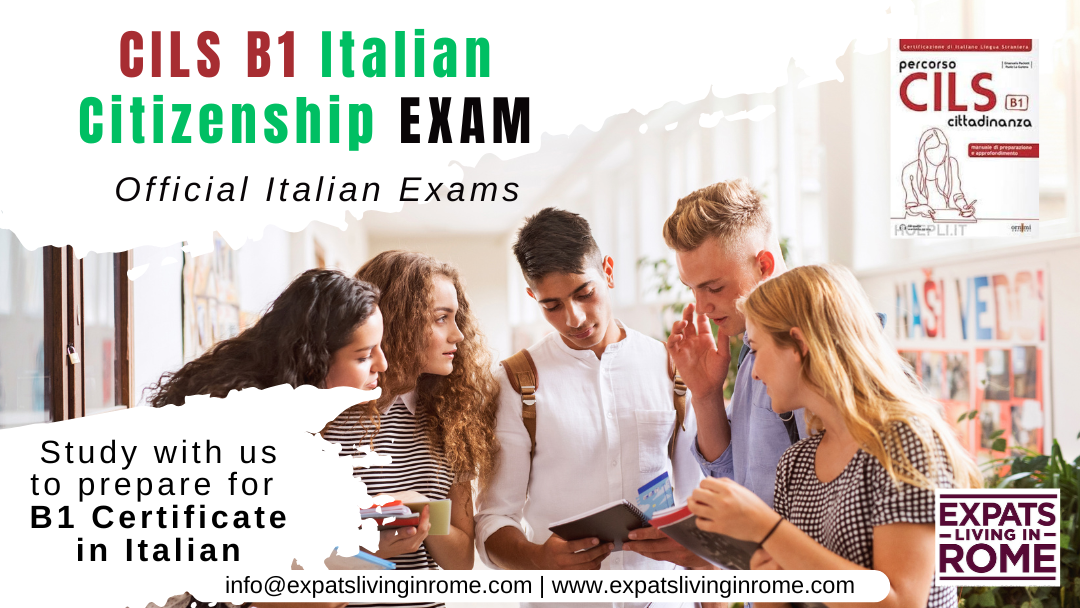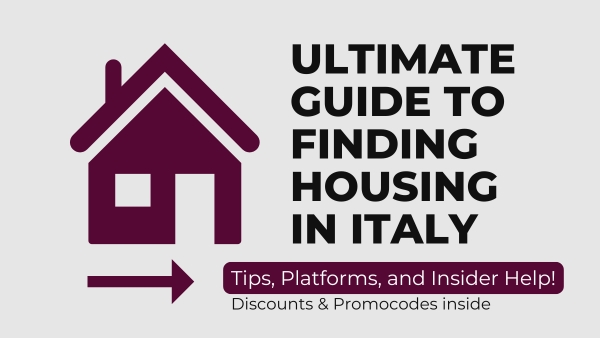How to Open a Bank Account in Italy as a Foreigner or Expat
by Adriana ruiz
Italy attracts many foreigners and expats who want to live, work, or study here. However, one of the challenges that they may face is opening a bank account in Italy. Banking in Italy can be complicated, especially for nonresidents who may not have an Italian address or a residence permit. Moreover, different banks may have different requirements, fees, and services for foreigners and expats.
In this article, we will guide you through the process of opening a bank account in Italy as a foreigner or expat. We will explain the different options available, depending on your residency status, address, and preferences. Finally, we will answer some of the frequently asked questions (FAQ) that foreigners and expats may have about banking in Italy.
▪ If you are already a resident in Italy, or you have an Italian address, you can open a traditional account at any number of small regional banks or international banks like Deutsche Bank. You will need to provide your passport, tax code, proof of address, proof of employment or self-employment, and an anti-money laundering compliance. You will also need to fill in a lot of paperwork and pay some fees for maintenance, money transfers, or withdrawals.
▪ If you are not yet a resident in Italy, or you do not have an Italian address, you can open an account with a digital bank like Revolut or N26. These banks offer online services, low fees, and multi-currency features. You will need to provide your passport, tax code, and proof of address in your home country. You will also need to verify your identity online and wait for your debit card to be delivered to your address.
▪ If you do not need a full bank account, but only a way to send and receive money in Italy, you can use Wise. Wise is a money transfer service that lets you create a multi-currency account and get Italian bank details. You will need to provide your passport, tax code, and proof of address in your home country. You will also need to verify your identity online and pay a small fee for each transfer.
▪ If you are a low-income or vulnerable person, you can open a basic bank account ( conto di base) at any bank in Italy. This account offers basic services, such as deposits, withdrawals, transfers, and a debit card, for free or for a low fee. You will need to provide your passport, tax code, proof of address, and proof of income or social assistance. You will also need to fill in a form and declare that you do not have any other bank accounts in Italy.
Some of the frequently asked questions (FAQ) about opening a bank account among expats in Italy are:
Can I open a bank account in Italy as a foreigner?
Yes, you can open a bank account in Italy as a foreigner, regardless of your citizenship or visa status. However, the process may vary depending on the bank and your residency status. If you have an Italian address and a residence permit, you can open a traditional account at any bank in Italy. If you do not have an Italian address or a residence permit, you can open an account with a digital bank like Revolut or N26, or use a money transfer service like Wise.
What are the requirements to open a bank account in Italy as a nonresident?
The requirements to open a bank account in Italy as a nonresident may differ from bank to bank, but the standard documents required are: a valid ID or passport, an Italian tax code, a residence certificate, and an anti-money laundering compliance. You may also need to provide proof of employment or self-employment, and a reference from your bank in your home country.
What are the best banks for expats in Italy?
The best banks for expats in Italy depend on your preferences and needs. Some of the most popular and trusted banks among Italians are Unicredit, Intesa Sanpaolo, and Banca Monte dei Paschi di Siena. Some of the best international banks for expats are Deutsche Bank, ING, and BNL. Some of the best online banks for expats are Revolut, N26, and Fineco.
What are the fees and charges for banking in Italy?
The fees and charges for banking in Italy vary depending on the bank and the type of account you have. In general, there are three types of fees related to the management of a bank account: the stamp duty, which is required by law and equal for each type of account; the fixed fees, which include card fees, annual account management, and costs incurred by the bank for sending documents and statements; and the variable costs, which depend on the transactions you make, such as withdrawals, transfers, or overdrafts.
How can I transfer money to and from Italy?
You can transfer money to and from Italy using different methods, such as bank transfers, cash transfers, or online transfers. Bank transfers are usually the most secure and reliable way to send money, but they may also incur high fees and exchange rates. Cash transfers are convenient and fast, but they may also have high fees and security risks. Online transfers are usually the cheapest and easiest way to send money, but they may also have limitations on the amount and destination of the transfer. Some of the most popular services for online transfers are Western Union, Wise, and PayPal.
To open a bank account in Italy as a foreigner or expat, you just need to know your options, requirements, and preferences, and follow the steps and tips we have provided. Once you have your bank account in Italy, you will be able to manage your finances more easily.
If you need help with your citizenship process, language courses, or general expat life in Italy, email us at [email protected].

Single Female Travelers in Italy: Practical, confident, and connected
Rome rewards curiosity and courage. This guide offers grounded tips, cultural insight, and community support so you can explore with confidence—day and night, solo and on your own terms. Start with confidence “Solo doesn’t mean alone.” In Rome, you’ll find friendly locals, layered history, and a vibrant expat network. A little preparation goes a long […]

Christmas in Italy 2025: A Magical Season for Expats Across Italy
Christmas in Italy isn’t just a holiday — it’s a season full of history, flavor, celebration, and heartfelt traditions that bring families, towns, and entire regions to life. Whether you’re an expat experiencing your first Italian Christmas or a returning fan of the magic, 2025 promises some beautiful celebrations across the country. Here’s what to […]

Tax Residency Incentives in Italy — Your Guide (2025)
Italy offers several tax incentives designed to attract retirees, entrepreneurs, high-net-worth individuals and remote workers. These regimes can be extremely generous — but they are complex and often conditional. This guide explains the main options in 2025, who qualifies, and how we can help you plan a compliant move. Why Italy Offers Tax Incentives Italy […]

Navigating Healthcare in Rome: A Guide for Expats with English-Speaking Doctors
Moving abroad is exciting, that is until real life hits. I came to Italy from Alaska in 2021 for what was supposed to be a four-month study program in Florence. Four years later, I’m still here, now living and working in Rome. When we plan our dolce vita, we think about pasta, museums filled […]

Major Tax Incentives for Home Renovation in Italy (2024-2033)
Taxpayers carrying out renovation work on residential buildings and common areas of residential complexes in Italy are entitled to claim significant tax relief. This benefit allows individuals to deduct a portion of the expenses incurred from their Italian personal income tax (Irpef). This article outlines the rules, beneficiaries, and changing deduction rates for these home […]
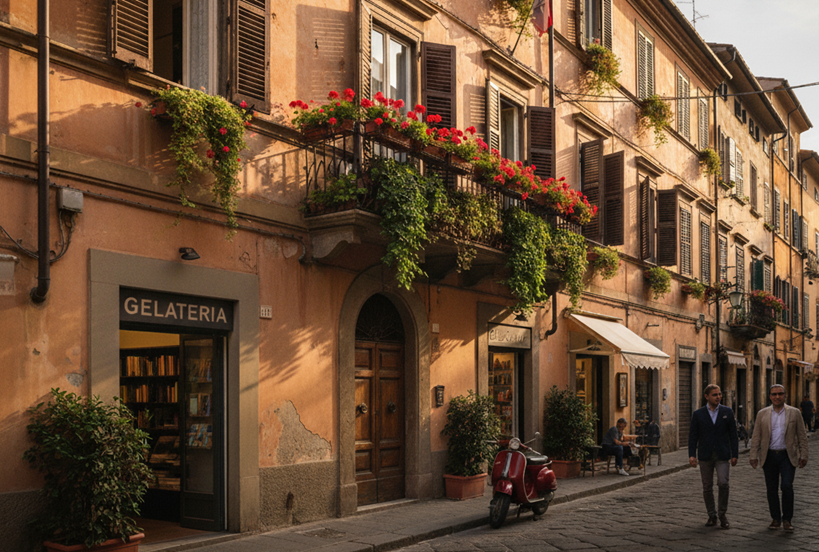
How to Save on Taxes When Buying Your First Home in Italy
Buying a first home in Italy comes with significant tax benefits and incentives designed to make property ownership more accessible. Whether you are an Italian national or a foreigner, understanding these advantages can translate into substantial savings on your property purchase. The “Prima Casa” regime is essentially a set of tax reliefs applicable to the […]

Bringing Your Family to Italy: A Guide for Non-EU Citizens
For non-EU citizens residing in Italy, having your family with you is a tangible goal. Italian law provides a framework for family reunification, allowing you to bring close relatives to live with you under specific conditions. This guide outlines the key requirements, procedures, and rights to help you navigate the process. Who Can Apply for […]

How to Become a Self-Employed Worker in Italy
Are you a non-EU citizen wishing to work as a self-employed worker in Italy? This guide explains the conditions you must meet, the procedures to follow, and the rights you can enjoy during your stay. Conditions for Self-Employment To legally engage in independent work in Italy, non-EU citizens must satisfy several conditions and obtain the […]
